|
Writer’s Workshop is a student-centered framework for teaching writing, based on the idea that when students write often, for extended periods of time on topics of their choosing, they learn to write best. We have mastered this in the traditional classroom Now, we have to master Writer’s Workshop in our virtual classrooms! Since the COVID-19 pandemic, remote learning will now forever be a reality in our lives. And because of this, it is important that we learn to translate our best practices into remote learning best practices! Most of the workshop model can be implemented rather successfully through distance learning. Mini-lessons can still occur. These can be recorded lessons for students to watch and re-watch if needed! And they still can be developed based upon students' writing. Independent writing can obviously still happen too! That one should be a no brainer! To support independent writing in the classroom, we have charts and visuals around our traditional classrooms. Think about which of these need to also be provided to students at home. Perhaps students can have access to online writing reference and pictures of visual supports from the classroom. During a typical mini-lesson, we often record our major points points you want students to be able to reference or have access to on an anchor chart. Give students access to a digital anchor chart either through a picture of one or a chart on Google Slides or Docs. Offering feedback through comments on shared documents is great. But I would still suggest personalizing student feedback.
Personalizing feedback helps to build relationships with students. Research has shown that relationships are beneficial for student success for a number of reasons, but in particular, they help to protect against the effects of negative stress. About 45 percent of adults in the United States reported that their mental health had been affected from worry and stress during the pandemic (KFF, 2020). Children feel this stress too. So how can you personalize feedback? Apps such as Mote (a Google Extension) allow educators to leave friendly comments on G Suite apps. Educators can leave messages about student writing to promote encouragement for further development of ideas and skills. You can also still conference with your students! This can be done individually or in small groups. When looking at your students’ writing, if you see a small group of students who all need to conference about a similar issue in their writing, you can pull them for a small group instructional conference. You can also create homogeneous groups of writers. This group can meet weekly to small group share and edit. They could meet as partners for peer share and edits. They can also contact each other for help as they would in the traditional classrooms. I would suggest setting aside one day each week during your writing block for student-teacher conferences. Teachers could schedule a 5 to 10 minute virtual conference with students. Teachers should plan to conference with all students within a two week time period. If all student writing is being housed electronically, the writing can be pulled up on the screen during the virtual conference for a richer learning experience. Make sure to support ALL students during this time. Students with learning disabilities might need to meet with you weekly for support. Students who just need that extra time may also need to meet with you weekly. We can still support our students - even if we are not in the classroom with them! By: Miss Rae Reference: KFF poll
1 Comment
|
CategoriesAll 504 Academic Testing Academic Testing Reports Achievement Testing Reports Back To School B/d Reversals Coronavirus COVID-19 Discrepancy Model Distance Learning Distance Learning With LD ELL Emotional Disability Executive Functioning Extended School Year First Year Special Education Teacher Advice Fluid Reasoning FREEBIES Goal Tracking IEP IEP At A Glance IEP Goals IEP Meetings Learning Disability Oral Reading Fluency Positive Affirmations For Special Education Students Progress Monitoring Reading Remote Learning RTI Rubrics Running Records SEL For Learning Disabilities Social Emotional Learning Special Ed Teacher Interview Questions Special Ed Teacher Job Description Special Education Special Education Progress Reports Special Education Reading Special Education Reading Programs Special Education Students Special Education Teachers Special Education Teachers Positive Affirmations Special Education Teacher Tips Special Education Websites Specially Designed Reading Instruction Teaching Strategy Trauma Wilson Reading Wilson Reading IEP Goals Writer's Workshop |
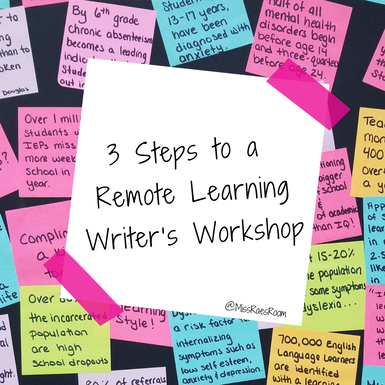
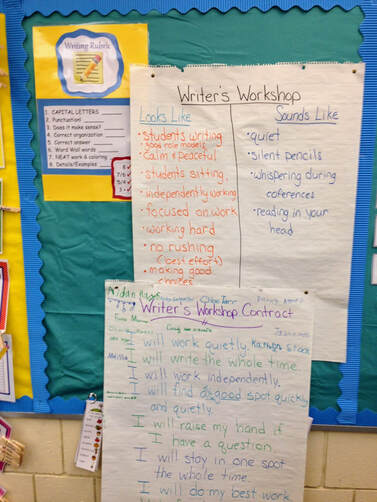
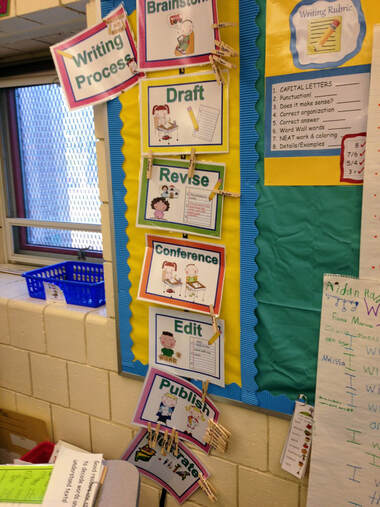
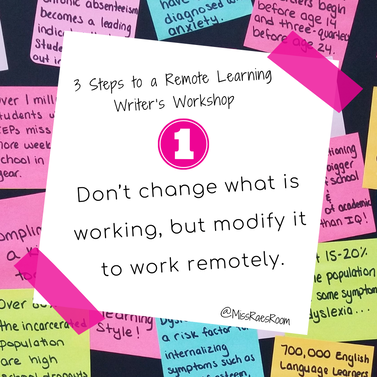
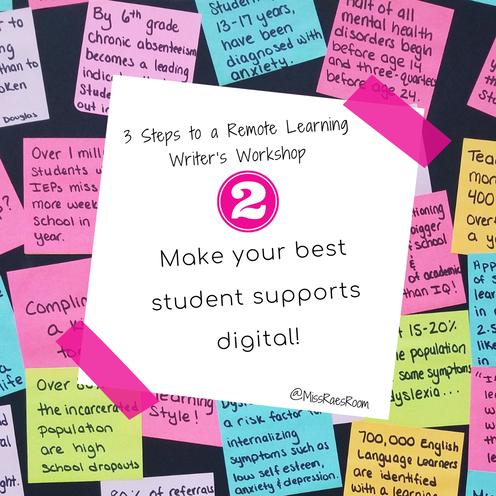
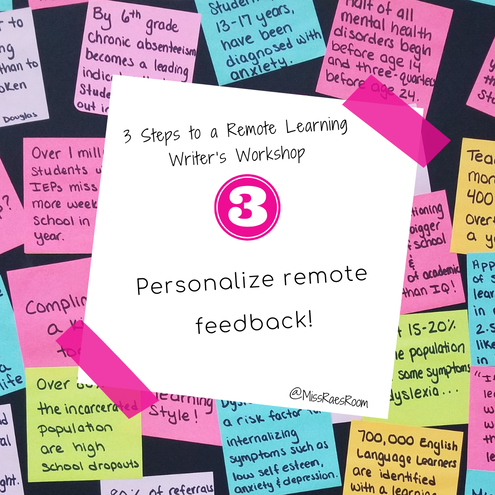
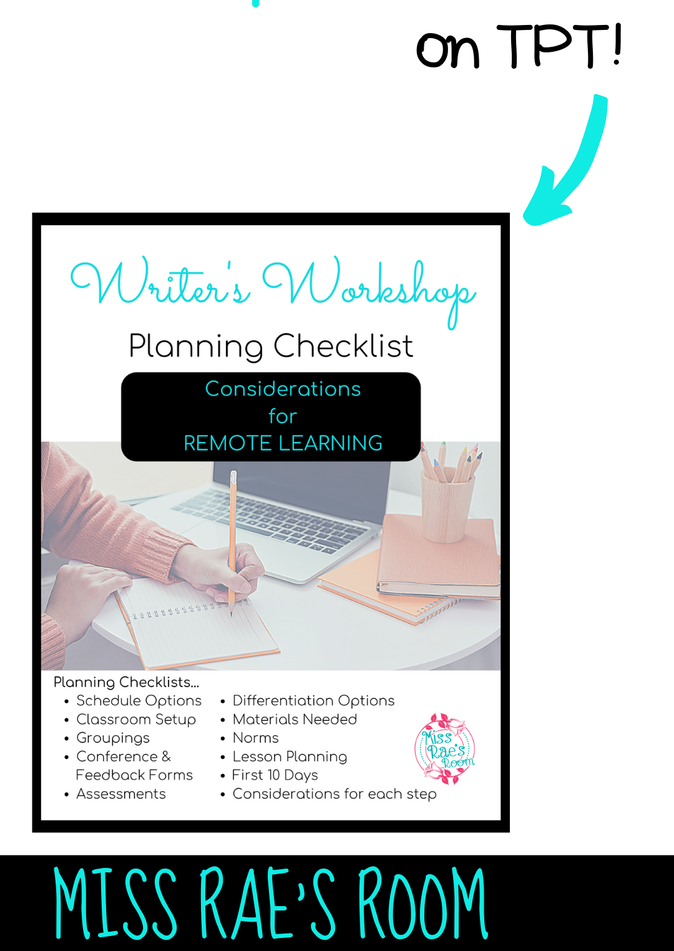
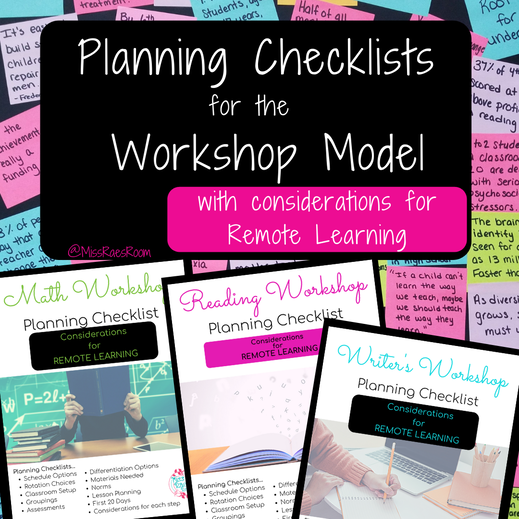
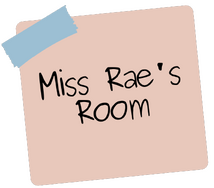
 RSS Feed
RSS Feed